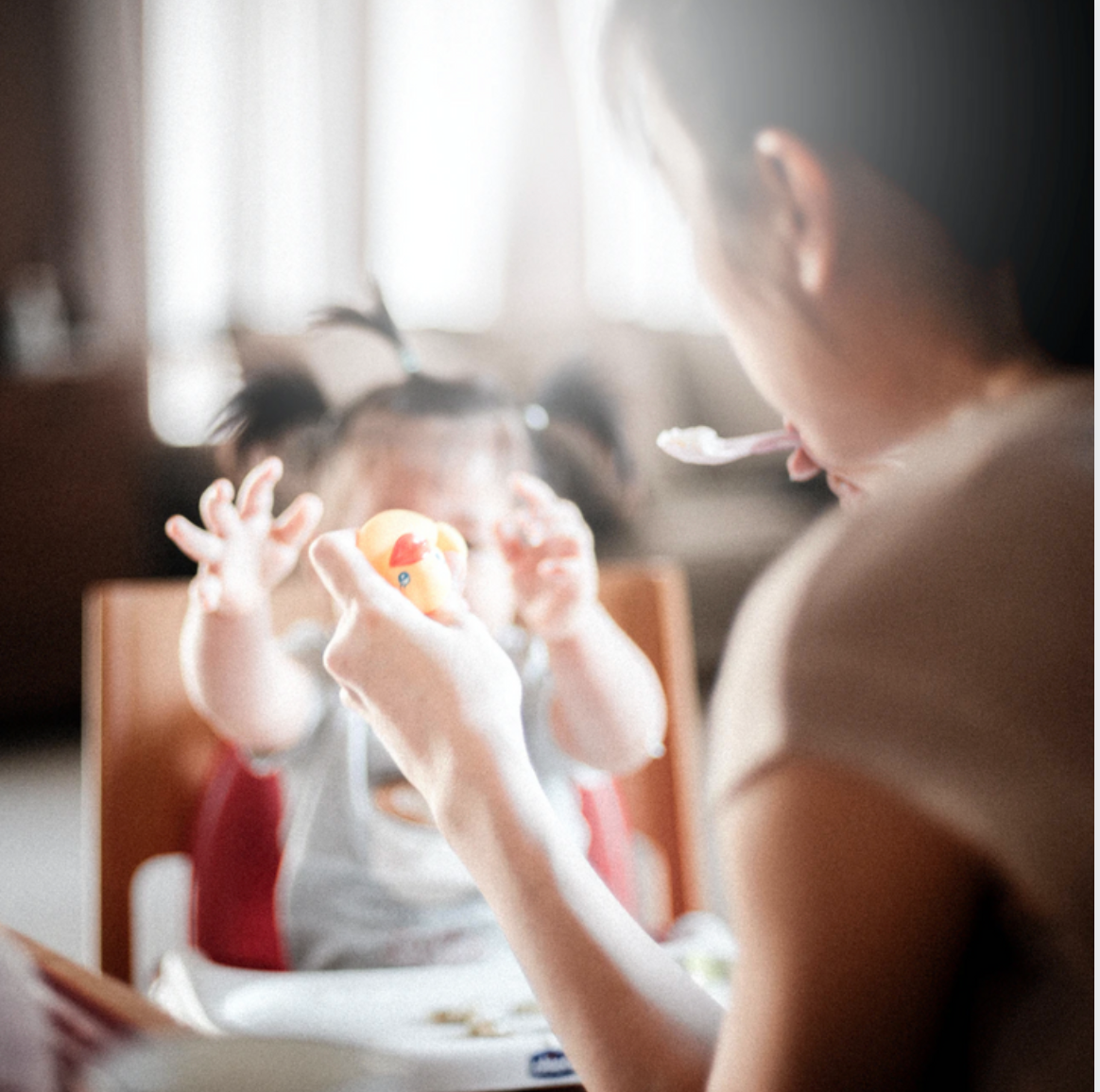“You lose too much hair. Eat more sesame seeds so your hair will be darker and healthier.” My mom would say this to me whenever she finds my hair all over the floor.
“I won’t have darker hair just by eating black sesame seeds. Does eating red beans make my hair red?”
….
As the winter comes, my mom would make tea with her special Chinese herbal ingredients: “Drink this tea and you will have a stronger immune system.”
“There was no experiment to test these herbs, how do you know if they are really effective?”
“Our Chinese ancestors practiced this for thousands of years and were very healthy, what they say must be right.”
“Yeah, very healthy so their average life span was only 40.”
This kind of conversation happens almost everyday in my family, and it usually ends with my parents lamenting my stubbornness and affirming that I will regret not taking their advice. As an international student, I could only fly back to my home country during long breaks, rarely staying with my parents for over two months. Because of the pandemic and quarantines, I got the chance to stay at home with my parents for over half a year, which never occurred in the past eight years.
The first several weeks at home was a wonderful experience. Before I could be grateful to the pandemic for this blessed family reunion, I started feeling a gap between me and my parents, as if there was an invisible wall between us. Like the above conversation showed, my parents would force me to eat certain food because according to Chinese traditions, these foods would leave magical benefits on my health.
Although there would be no loss for me to follow my parents’ suggestions, I couldn’t stop myself from questioning these practices and rebut my parents. I started to realize that the barrier between me and my parents was not merely how we perceive the effect of herbs or sesame, but it was rather how we form our beliefs and reach a conclusion. My parents relied on tradition and experiences, and they reasoned that if something has been practiced and recommended by people throughout history, it must be effective and positive. On the other hand, college courses and researches trained me to trust experiment and numbers, pushing me to look for any possible ways that a tradition or experience could go wrong.
This difference in thinking method reminded me of a more prominent incidence of generational differences in the APIDA community. At the beginning of the recent black lives matter movement, a letter written by a Chinese American female student to her parents went viral online. In the letter, the girl revealed that her parents could not understand why as an Asian American, she would want to support a movement that focused on another ethnic group. Facing the gap between their understanding of the importance of the movement, the girl wrote the letter to explain the significance of the protest and the reason APIDA members should support the movement to her parents and all APIDA parents.
Compared to the contrasting views on political activeness, I assumed that the generational difference in my home would not leave too much impact on my life. Most of our arguments only involved food, and I expected myself to uphold my training in school — think scientifically and trust in numbers. When I sensed my parents’ disappointment after I refused to touch the “magical foods” they prepared, however, I wondered if I really want to be correct rather than be kind to my parents. Afterall, I understand that my parents offered me advice out of good intentions, and their way of loving me was through those foods and herbs that they believe will indeed have practical benefits on my health.
Persuading people to change their long-held beliefs is extremely difficult, therefore I hardly expect my parents to abandon their adherence to “the wisdom of the ancestors”, nor do I anticipate myself to give up my thinking method. It has been almost six months since I came back home, and I am still trying to find a balance between being myself and making my parents happy. I would keep arguing with my parents over the validity of their beliefs, but when my mom hands me a jar of sesame seeds she carefully selected and dried, I would take it. Perhaps what I should be grateful for is not merely a chance to stay at home, but a chance to learn to coexist with generational differences and not let the differences spoil the love in the family.

Comments are closed.